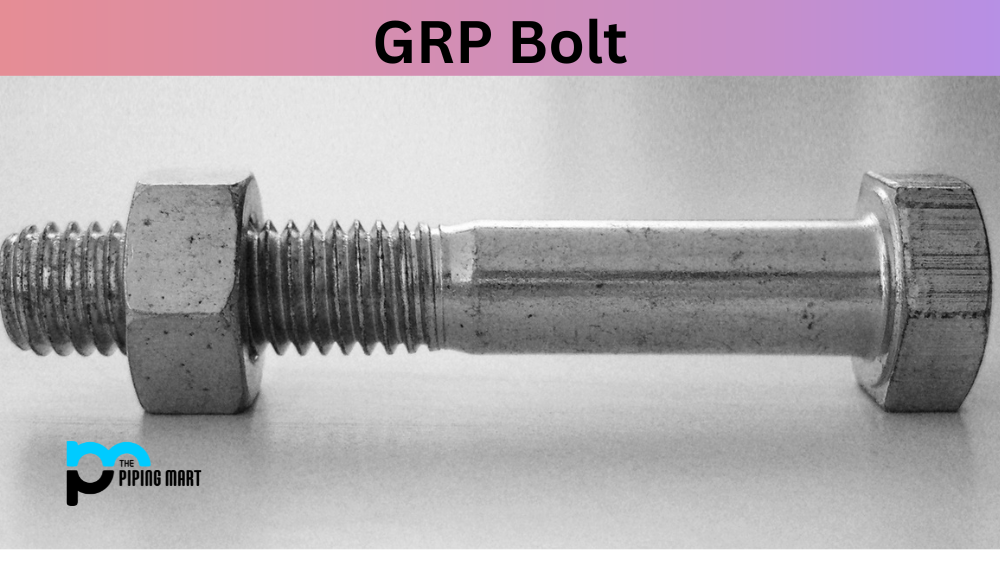Dynabolt is a type of high-strength anchor bolt that is widely used in construction projects. It is a trusted and reliable fastening tool that can provide secure and long-lasting connections to a wide range of materials such as concrete, brick, and stone. This article will look closely at Dynabolt, its properties, uses, and applications.
What is Dynabolt?
Dynabolt, also known as expansion bolts, is a mechanical anchor designed to securely hold heavy objects or materials onto concrete walls, floors, or ceilings. The bolt has a threaded end, a sleeve, and a cone-shaped expansion plug. When the bolt is tightened, the cone-shaped plug expands to form a strong grip against the sides of the hole.
Dynabolt Properties
Dynabolt has several properties that make it an ideal fastener for construction projects. One of its most notable properties is its high tensile strength, which enables it to withstand heavy loads and high impact forces. It also has excellent corrosion resistance, making it suitable for harsh environments. Furthermore, it is easy to install and can provide a secure and long-lasting connection even in thin materials.
Dynabolt Uses
Dynabolt is commonly used in a wide range of construction applications. It is suitable for securing heavy objects such as machinery, steel beams, and electrical equipment to concrete surfaces. It can also attach safety barriers, signs, and handrails to concrete structures. Its versatility and reliability make it popular for many contractors and builders.
Dynabolt Application
Dynabolt can be used in various industries like construction, automotive, and aviation. For instance, in the construction industry, Dynabolt is widely used to attach fixtures to concrete floors or walls. In the automotive industry, Dynabolt is used to join different parts of vehicles, while in the aviation industry, it is used to secure various aircraft components.
Factors to consider when using Dynabolt
When using Dynabolt, it is essential to consider several factors to ensure a secure and safe connection. Firstly, the bolt’s diameter must match the hole’s size. Secondly, the length of the bolt must be appropriate for the thickness of the material. Thirdly, the torque required to install the bolt must be accurate to ensure a tight and reliable grip. Lastly, the load capacity and safety factor of the Dynabolt should be evaluated to prevent overloading and failure.
Conclusion:
Dynabolt is a versatile and reliable fastening tool that offers secure and long-lasting connections to various materials. Its high tensile strength, corrosion resistance, and ease of installation make it a popular choice for many construction projects. By understanding the properties, uses, applications, and factors to consider when using Dynabolt, you can ensure a safe and reliable connection in your construction projects. So, choose Dynabolt for your next project, and you won’t be disappointed!

A passionate metal industry expert and blogger. With over 5 years of experience in the field, Palak brings a wealth of knowledge and insight to her writing. Whether discussing the latest trends in the metal industry or sharing tips, she is dedicated to helping others succeed in the metal industry.




